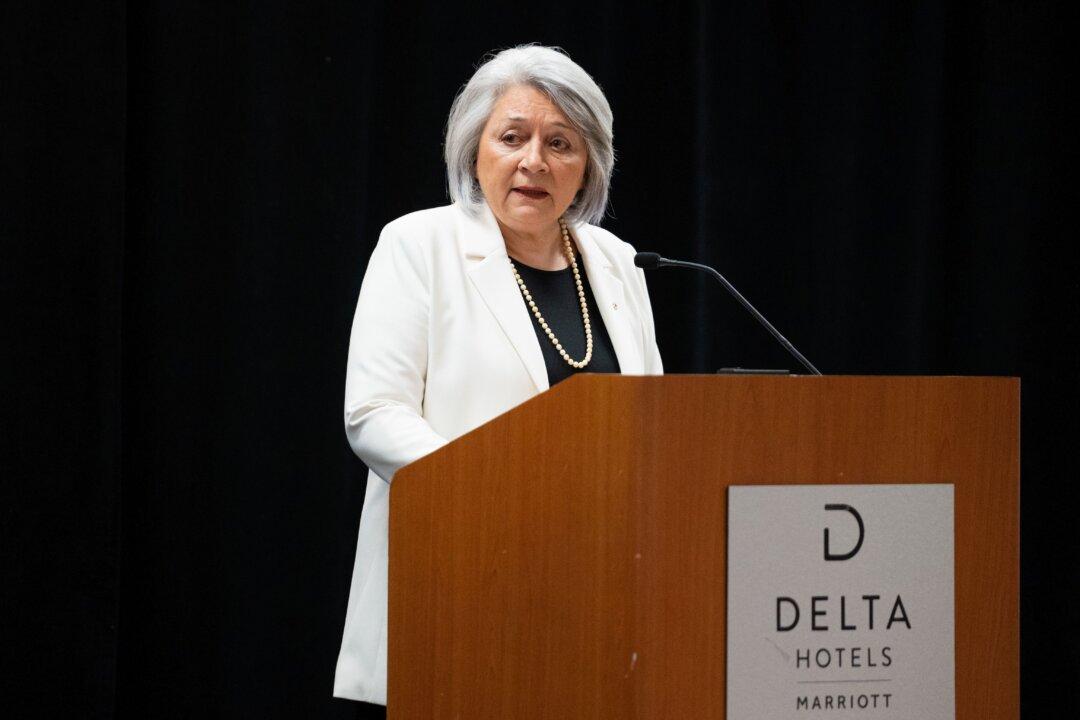A symposium on online abuse hosted by Governor General Mary Simon at Rideau Hall last week has been linked by a cabinet minister to the Liberal government’s efforts to champion its Online Harms Act legislation, raising questions from pundits about Ms. Simon’s “impartiality.”
While Rideau Hall drew no parallels between Bill C-63 and its April 11 symposium, Attorney General Arif Virani described the conference on social media as a time to discuss “our Online Harms Act to create a safe experience for everyone.”





